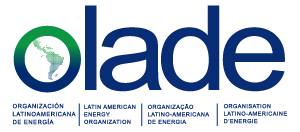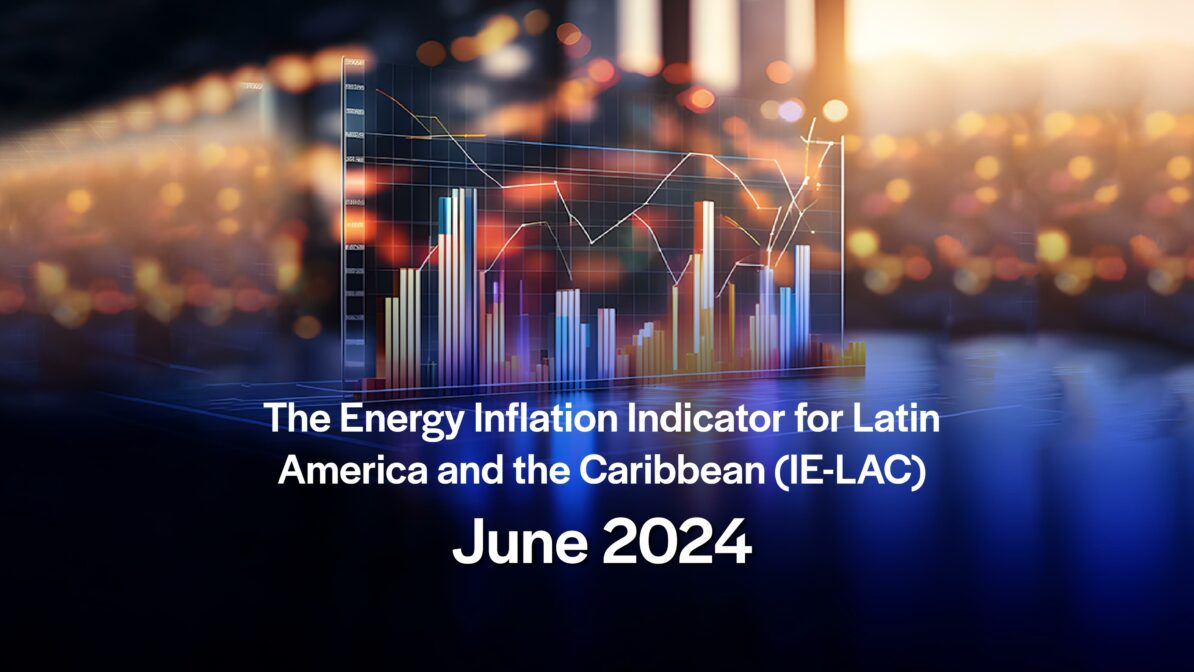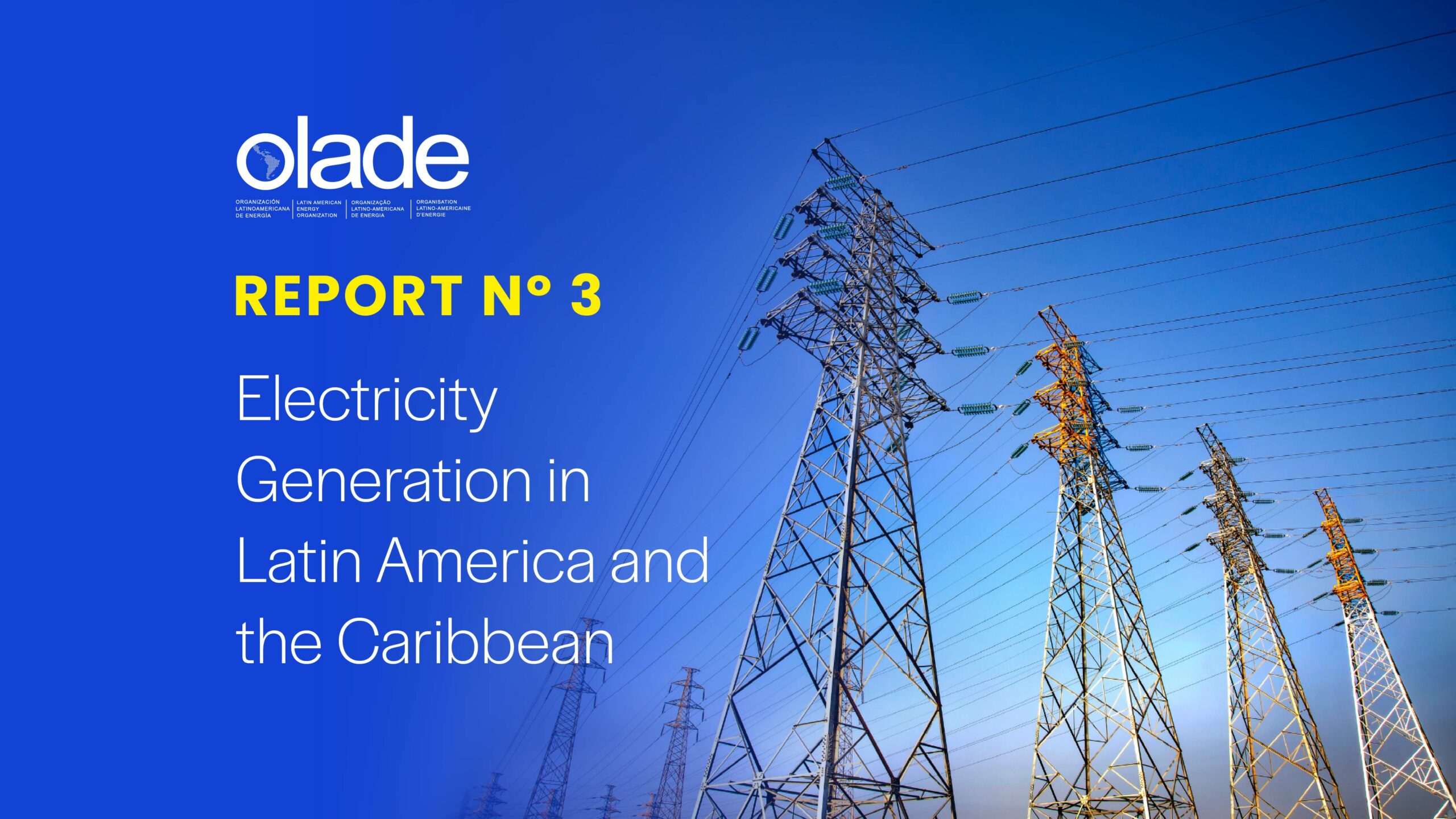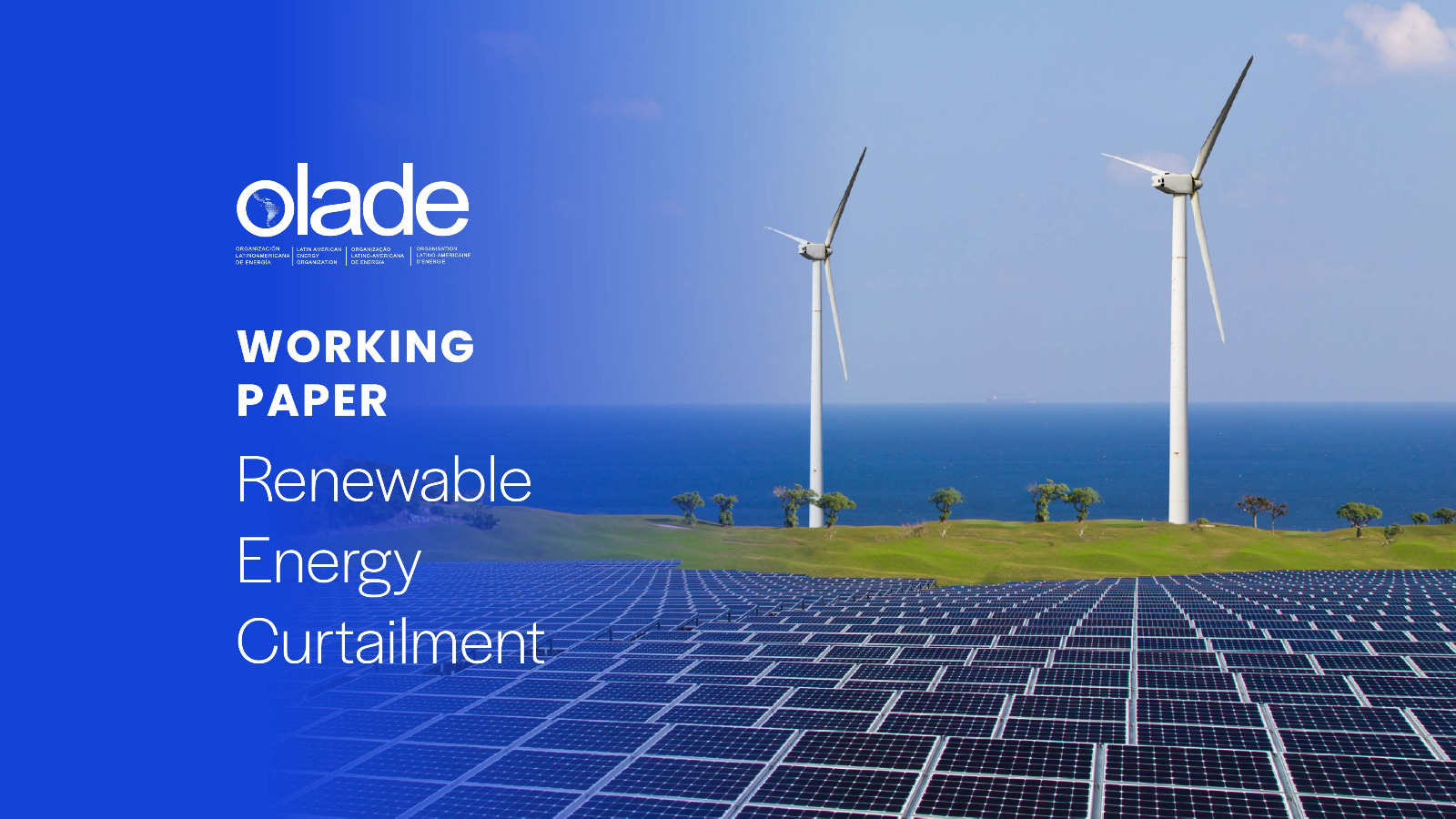OLADE reported that in June 2024, the monthly energy inflation in LAC was 0.06%, and the annual rate was 2.29%.
The Latin American Energy Organization (OLADE) has published its Energy Inflation Indicator for Latin America and the Caribbean (IE-LAC) for June 2024. This report provides a detailed analysis of energy trends in the region, which is crucial for understanding the behavior of energy markets and their impact on the economy and sustainability of the countries in Latin America and the Caribbean.
Monthly energy inflation continues its downward trend for the fourth consecutive month. In fact, 14 of the 20 countries analyzed experienced a decline in this indicator.
In June 2024, the regional energy inflation reached a value of 0.06%, placing it, for the first time this year, even below the total monthly inflation rate of the region, which stands at 0.3%.

Source: OLADE, own elaboration based on information published by the Statistical Institutes, Census Bureaus, and Central Banks of the OLADE Member Countries.
The annual energy inflation in Latin America and the Caribbean for June 2024 (compared to June 2023) was 2.29%. This rate is lower than the overall inflation (4.33%). It is worth noting that since October 2022, energy sector prices in the region have consistently been below the overall prices of the regional economy.

Source: OLADE, own elaboration based on information published by the Statistical Institutes, Census Bureaus, and Central Banks of the OLADE Member Countries.
In OECD countries, energy prices have also decreased, with energy inflation falling in 24 of its member countries and a slight reduction in the sector’s inflation from 2.49% to 2.29% in June. However, this month has seen significant volatility in prices among countries, as evidenced by the fact that energy prices increased by approximately 10% year-on-year in Turkey, Colombia, Chile, and Denmark, while they decreased by more than 8% in the United Kingdom and Italy.

Source: OLADE, own elaboration based on information published by the Statistical Institutes, Census Bureaus, and Central Banks of the OLADE Member Countries and information published by OECD.
Department of Communication and Institutional Relations – María Josefa Corral





